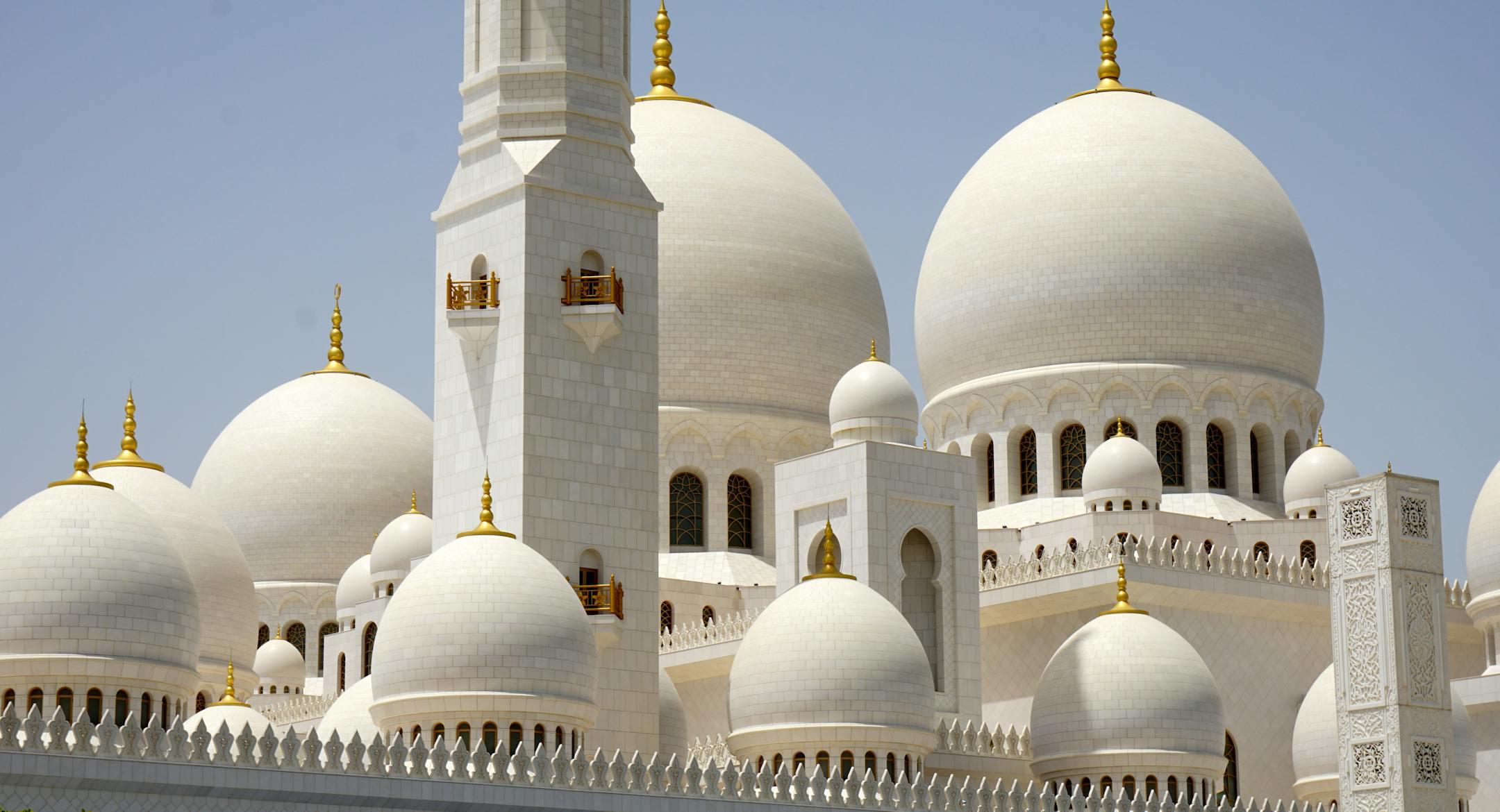
Ramadan is a sacred month for Muslims around the world, marked by fasting, prayer, and acts of kindness. While it holds deep religious importance, its lessons and benefits can offer insight to people of all backgrounds. Here’s a straightforward look at what Ramadan is, why it’s observed, and how its practices can inspire personal growth, mental well-being, and community connection—even for those who aren’t Muslim.
1. What Is Ramadan?
Ramadan is the ninth month of the Islamic lunar calendar. Muslims believe this month is when the first verses of the Quran were revealed to the Prophet Muhammad (peace be upon him). From dawn until sunset during Ramadan, many Muslims:
- Fast from food and drink
- Avoid negative habits or behaviors
- Increase prayer and Quran recitation
- Engage in giving and charitable acts
Key Point: Ramadan isn’t just about abstaining from food or water. It’s also about reflecting on one’s actions, seeking personal improvement, and growing closer to God.
2. Why Do Muslims Fast?
For Muslims, fasting in Ramadan fulfills a religious obligation. It also helps them learn self-discipline, patience, and empathy for those who don’t have enough to eat. By experiencing hunger and thirst—even for a limited time—practitioners gain a deeper awareness of life’s blessings. Non-Muslims can also appreciate the power of self-control, gratitude, and compassion that fasting nurtures.
Key Point: Fasting fosters a mindset of gratitude and humility, reminding everyone—Muslim or not—that simple things like clean water, meals, and good health shouldn’t be taken for granted.
3. Spiritual Significance and Mental Health Benefits
Muslims often use this month to strengthen their faith through additional prayers, reading the Quran, and self-reflection. These spiritual activities can also serve as forms of mindfulness—an effective way to reduce stress, manage anxiety, and find inner peace.
- Mindfulness: Setting aside time for contemplation and prayer can calm the mind.
- Discipline: Controlling physical desires teaches impulse control, which can help in handling everyday stressors.
- Community Support: Sharing meals (iftar) with others and attending nightly congregational prayers fosters a sense of togetherness, which can be protective for mental health.
Key Point: Acts of worship and spiritual focus offer tangible emotional benefits, proving that Ramadan’s positive effects extend beyond the purely religious realm.
4. Building Compassion and Community
Ramadan highlights giving and generosity, whether through charity (zakat) or simple acts of kindness. Muslims often distribute meals to those in need, donate to community programs, or volunteer their time. This focus on charity not only supports vulnerable groups but also creates bonds across various communities.
Even non-Muslims can connect with the spirit of Ramadan by:
- Volunteering at food pantries or community events.
- Inviting Muslim friends to share cultural and spiritual experiences.
- Learning about different religious traditions to build understanding.
Key Point: Serving others and sharing resources can cultivate empathy and reduce feelings of isolation. Everyone benefits when communities come together for a greater good.
5. Lessons for Non-Muslims
Ramadan’s emphasis on self-discipline, gratitude, and reflection can resonate with people of any faith—or no faith at all. Observers and non-observers alike can take away a few key lessons:
- Structure your day: Setting goals or limits (e.g., unplugging from social media for certain hours) can build healthy habits.
- Practice gratitude: Regularly acknowledging life’s blessings—even if it’s just clean water—shifts the mind toward a more positive outlook.
- Seek personal growth: Use quiet moments for self-reflection, whether through journaling, meditation, or counseling.
Key Point: Spiritual and mental wellness are interconnected, and simple daily practices can make a big difference in overall well-being.
In Summary
Ramadan offers a unique blend of spiritual dedication, community connection, and self-improvement. Whether someone observes it as a religious duty or simply draws inspiration from its themes of discipline and compassion, there is much to learn from this holy month.
Muslims and non-Muslims alike can benefit from embracing principles like mindfulness, gratitude, and charitable acts. By focusing on faith-based (or values-based) habits that foster emotional health, anyone can find deeper meaning and connection—during Ramadan and beyond.
With love and faith,
Z
Feel free to reach out —you’re not alone.